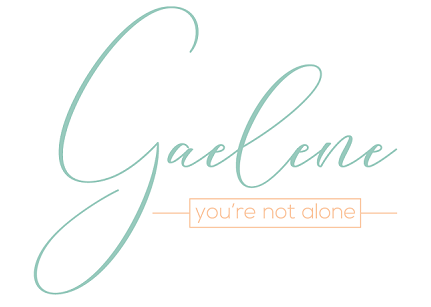
As a child, did you ever have a negative experience that was emotionally painful or overwhelming?
The most significant childhood traumas are being threatened or harmed by those closest to you. Whether you have experienced physical, emotional, sexual abuse or neglect, there is no underestimating the effects of this long into adulthood.
Experiencing a trauma in your younger years is likely to significantly impact on psychological and emotional stress. Unlike an adult going through a trauma, a child is being traumatised during the most important time of their life. You are learning about yourself and other people and how the world is formed from your young perspective. As a child, you are establishing your own ideas of self, your emotions and how this fits in with your family and society. You are learning about relationships, how to function in these and what skills to learn.
As an adult, survivors of childhood abuse often experience an intense range of emotions without understanding why they are feeling this way, as the underlying cause of the emotions are deeply seated
Some of these emotions may include anxiety, worry, despair, shame, guilt, helplessness, hopelessness, fear, grief, sadness and anger. These emotions are most commonly linked to depression and anxiety, thoughts of self-harm, post-traumatic stress disorder, alcohol and drug misuse as a coping mechanism and relationship difficulties.
The physical effects may include poor sleep, difficulty regulating emotions, lower immune system functioning and increased illnesses. The spiritual impact may be a crisis of faith, no faith at all or a constant yearning to feel ‘whole’ again. Sometimes we can feel that we are being punished for experiences that were out of our control.
When an adult experiences trauma you already have a stable foundation of life and yourself, but the child has none of this preparation. This is what makes the after effects so much more impactful as you become an adult and begin to form a life and relationships around the uncertainties of the child you were.
This is why areas in your life can seem challenging – you haven’t yet understood the deeply, ingrained patterns of rejection and lack of self-confidence that tie you to experiences and circumstances that mirror this.
Low self-esteem and lack of self-worth directly affect your decision-making or the lack thereof. Trauma has a significant impact on your adult relationships and the type of personality traits you are drawn to ie. It is common to gravitate towards abusive or controlling partners.
You may be feeling confused by the life you’ve landed yourself in, but none of this is permanent. The layers can be peeled back, and understood and recreated so that new, positive habits can be formed.
You can begin to offer yourself the support you need on your journey of healing by taking care of all aspects of yourself. Eat nutritiously, drink plenty of water, sleep adequately and give yourself the time you need to begin moving forward. Reaching out to a professional can help regain your power over your beautiful life.


Recent Comments